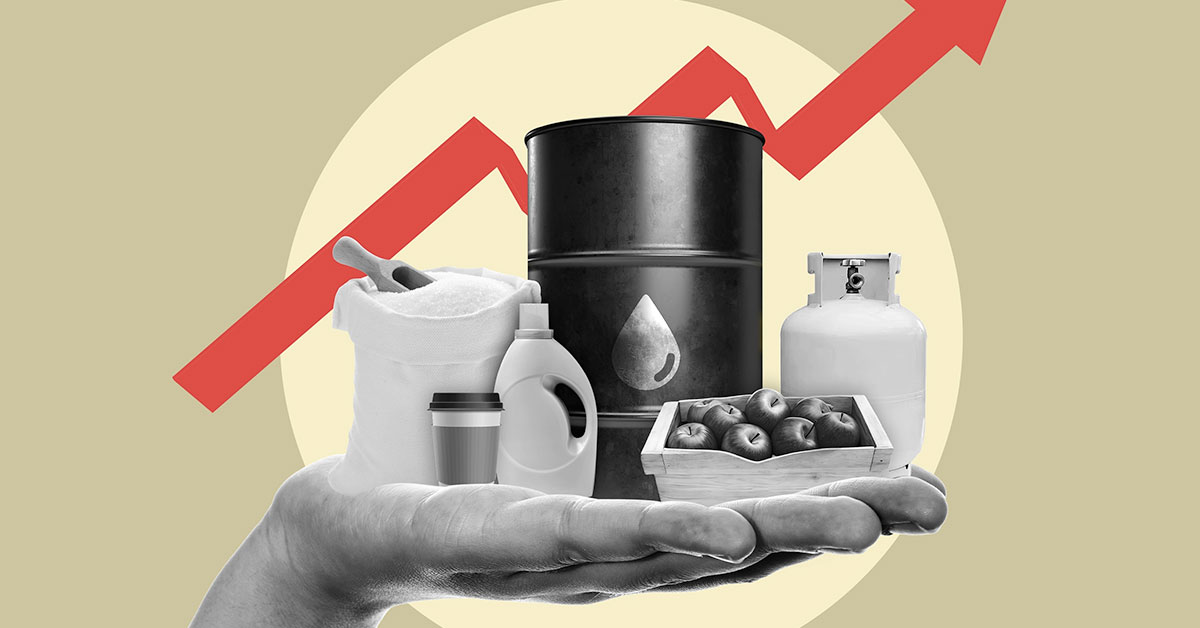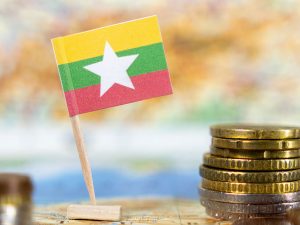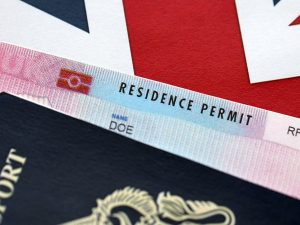
Deciding whether to relocate abroad or stay home in 2025 involves balancing lifestyle and financial considerations. Countries popular with expatriates – such as Portugal, Spain, Thailand, Mexico and the UAE – tend to have much lower prices for housing, food and services than major home economies (UK, USA, Canada, Australia). This article examines key categories like housing, daily expenses, healthcare, etc., under scenarios like retirement, remote working or family relocation, and highlights how currency exchange and international banking can influence budgets.
Housing and utilities
The primary considerations should be:
Rent and housing
Expat-friendly countries typically offer much cheaper housing. For example, a one-bedroom apartment in Lisbon city centre rents for about €1,300/month, versus around £2,500 in central London. In Madrid or Barcelona, a two-bedroom unit might rent for only €1,200–1,800. Elsewhere, the gap widens: US rents run roughly twice the level of Mexican rents, and similar multiples against Thailand. The UAE is an exception: Dubai rents are roughly on par with London’s. In practical terms, many expats can afford a much larger or nicer home abroad for the cost of a smaller place at home.
Utilities and living space
Utility costs also tend to be lower overseas. In Portugal, for example, an 85 m² apartment’s monthly utilities (electricity, heating, water, internet) average only about €94–110, compared to roughly £209 in the UK. Telecom services are similarly affordable (e.g. combined internet/phone around €82/month). Overall, the same housing budget usually buys more space or a better unit abroad.

Daily expenses and lifestyle
Everyday spending can also be measured and compared:
Groceries and food
Everyday food and groceries can cost far less. U.S. grocery prices run approximately 74% higher than in Mexico, and UK groceries are roughly 34% pricier than Portugal’s. Staple items like rice, bread, vegetables or meat often sell for 30–60% less in Thailand, Mexico or Spain. For instance, a sit-down lunch in Lisbon is ~€11 vs £15 in London, and Bangkok street food meals cost around 100 THB (≈$3) compared to around $20 in New York.
Restaurants and entertainment
Eating out and leisure are significantly cheaper too. A pint of domestic beer costs about €2.50 in Portugal (≈£2.10), versus about £5–6 in the UK. In Thailand a beer is ~70 THB (~$2.10). A three-course dinner for two in Spain or Mexico may come in under $30, compared to $50+ for the same in many Western cities. Movie tickets, gym fees and local entertainment often run 30–50% lower abroad.
Transport and miscellaneous
Public transit is usually very affordable. For example, a Lisbon metro ride costs ~€1.65 and a monthly pass under €50 (Londoners pay ~£150+ for transit). Gasoline in Mexico/Thailand often costs only 50–70% of U.S. prices. Mobile phone plans, personal services and everyday errands are priced for the local economy. In practice, these incidentals take a much smaller share of income abroad.
Healthcare and insurance
Other considerations include:
Public vs private
Healthcare is generally good and more affordable in many expat destinations. Spain and Portugal, for example, have universal public health services available to residents at little or no charge. Private healthcare in those countries is also much cheaper than in the U.S.
Insurance costs
In countries without universal coverage, expats must buy insurance. For instance, a decent international plan in Thailand might cost $1,500–$3,000/year. Mexico’s public IMSS coverage is only ~$400/year, though many foreigners opt for private Mexican plans (~$1,700/yr). In the UAE, expats are legally required to carry insurance, typically costing ~$800–$1,100 per year per person.
Out-of-pocket
Even with insurance, out-of-pocket costs stay modest. A GP visit in Portugal’s public system usually carries only a small co-pay (often under €10). In Mexico or Thailand, an insured clinic visit may be only $10–$20 out-of-pocket. Prescription drugs, lab tests and hospital stays likewise cost far less.

Financial considerations and currency conversion
Currency conversion and other financial factors include:
Exchange rates
The strength of one’s home currency directly affects buying power abroad. A stronger USD, GBP or AUD stretches your budget; a weaker currency shrinks it. For example, the Mexican peso fell ~14% against the U.S. dollar in 2024, meaning daily costs were effectively 14% cheaper for U.S. expats.
Banking and transfers
Global banking and fintech have made it easier to move money internationally. Many expats use multi-currency accounts or low-fee transfer services to get close to the mid-market exchange rate. Still, small conversion fees (1–3%) can add up on repeated transfers, so it pays to compare providers.
Other factors
Don’t forget taxes and fees. Some countries (e.g. Portugal) offer special tax regimes for foreign retirees or professionals, effectively increasing net income. Others may tax worldwide income or impose residency costs. Bank fees and regulations also affect your bottom line.
Conclusion
Moving abroad can unlock significant savings, but it isn’t just about price. On average, living costs (including rent) are roughly 30–40% lower in many expat-friendly countries than in the UK or USA. For retirees or remote workers earning in a strong foreign currency, this often translates into a noticeably higher standard of living. Staying home has its benefits too: currency stability, familiar services and close family ties.
Anyone considering a move should list all expenses and incomes in one currency for comparison. Include rent, utilities, groceries, healthcare, education, taxes, and transfer fees. Modern banking tools help manage these, but can’t eliminate exchange risk. Ultimately, the decision comes down to personal priorities as much as finances.
If you’re looking for an efficient solution to transfer currencies into various countries, take a look at our platform: CurrencyTransfer offers access to a network of payment providers, live quotes and 5-star customer service. Sign-up today.
Caleb Hinton
Caleb is a writer specialising in financial copy. He has a background in copywriting, banking, digital wallets, and SEO – and enjoys writing in his spare time too, as well as language learning, chess and investing.



